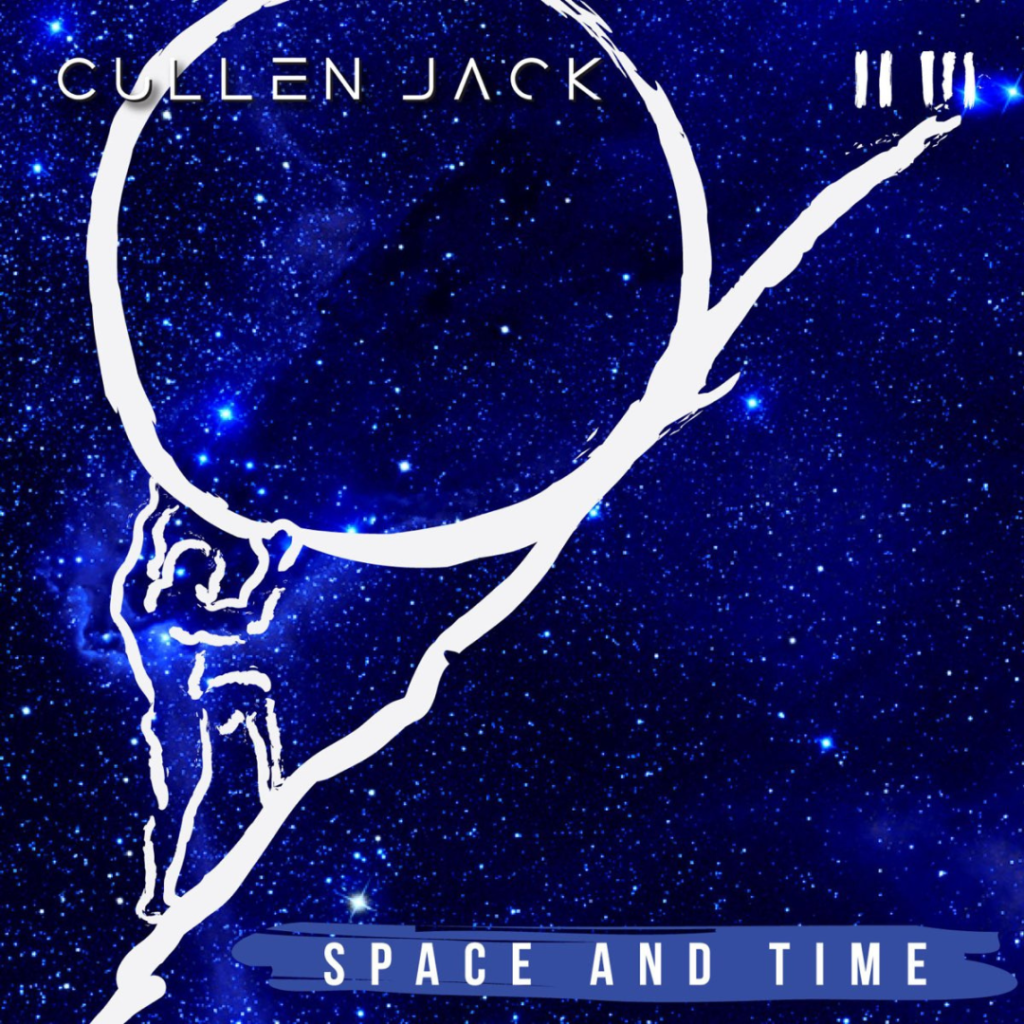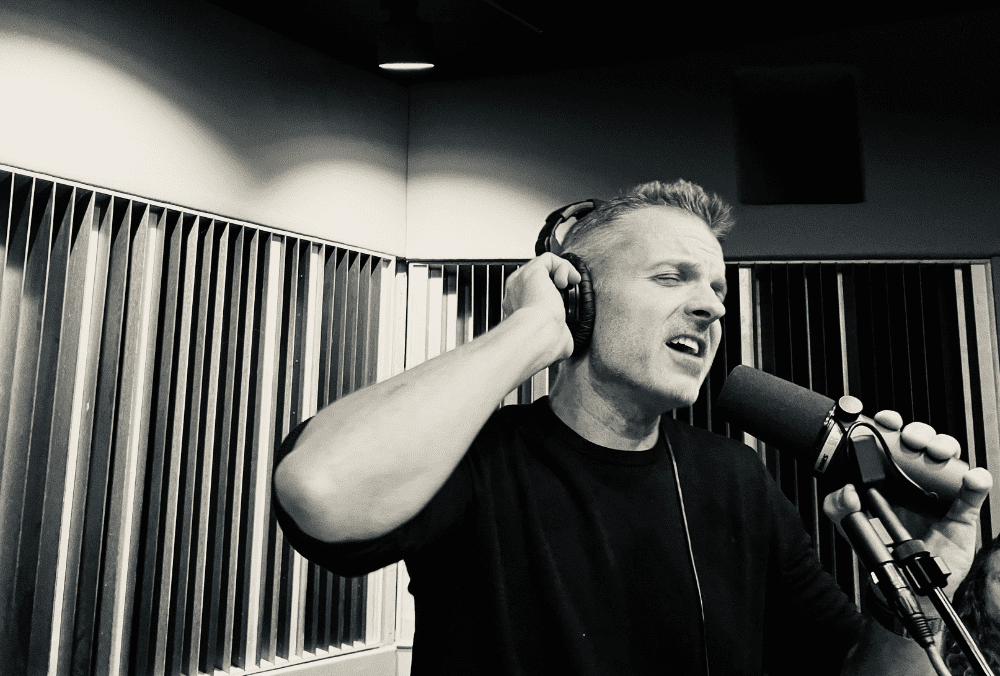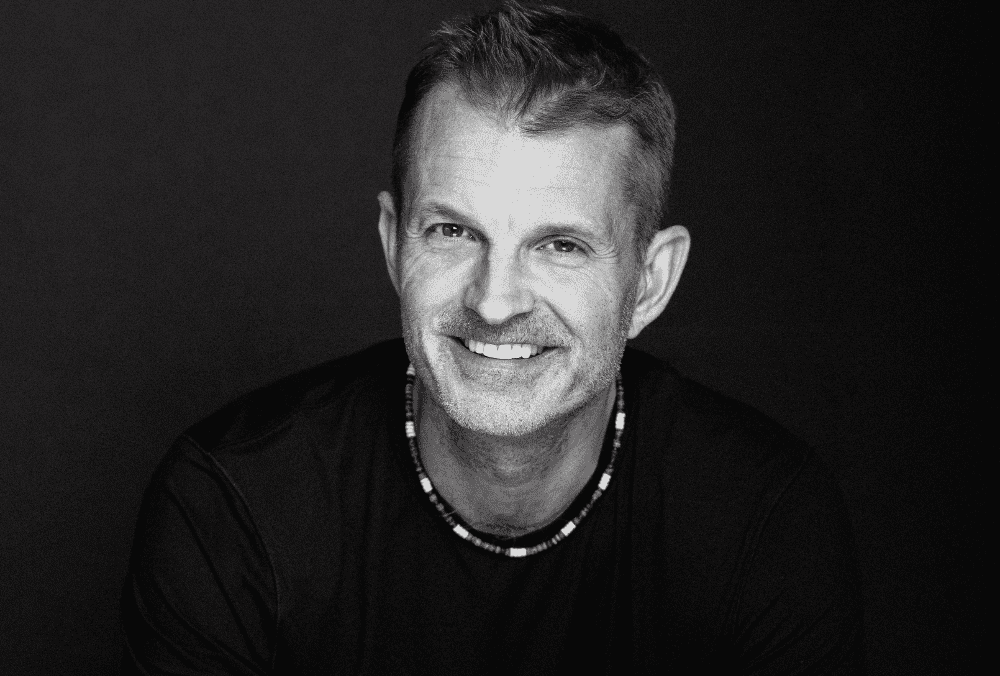Acclaimed musician and visionary Cullen Jack‘s latest track, “Space and Time,” delves into the emotional turbulence faced by relationships that undergo separations. Inspired by personal experiences, including his own divorce, the song represents the hope that a pause can mend, only to realize it signifies an end.
Jack‘s classical background shapes his eclectic sound, blending full orchestras with a string quartet, and a penchant for diverse instruments, ranging from bassoons to trombones. During our interview, the artist explains that crafting music for diverse audiences, especially in English and Japanese, presents its challenges; nuances in lyrics don’t always translate well.
- Additional Article: Bleachers’ New Single “Modern Girl” Marks a Feel-Good Beginning to a New Era
While Cullen Jack is influenced by notable artists, it’s the realization that authentic songwriting surpasses vocal prowess that resonates with him. His future endeavors include three diverse albums, blending languages, cultures, and genres, promising a musical treat for all.
Read the full interview below.
The newest release, “Space and Time,” captures the emotions and challenges of a relationship that has gone through periods of separation. Can you share the inspiration behind the lyrics and the personal experiences that influenced the creation of this song?
Yes, I’ve been—and I know others who have been—through the experience of having some say, “I need some space,” or “Just give me some time.” And so you back away and give them space, but they never come back. For me, that song reflected my divorce and much of what I went through hoping that space and time would give someone breathing room when it actually was just part of everything falling apart, but it can happen in a short-term relationship as well.

Featuring a shift in dynamics with an instrumental section, how does this musical interlude contribute to the overall narrative of the song, and what message or feeling are you aiming to convey?
For me, that part is about starting to find acceptance. I brought the energy back a lot to just focus on the piano, and it is meant to reflect how after a period of hoping and longing, you find a quiet space to realize—the space and time that was only supposed to last for a little while is going to be forever.
How do you think your classical music background has influenced your sound and style as a singer-songwriter today?
For sure, I know my producer is always like—wait, why do we have 85 instrumental tracks on this? Growing up playing in the symphony, I started with piano and found myself asking: What would a bassoon do here? Should I try french horn or trombone? I nearly always use strings, and often have 12 to 16 tracks that mix full orchestras with a string quartet.
On my upcoming release, I incorporate full symphony sounds into several of my songs. One way I love to do this is to use violins, violas, cellos and string basses for percussion sounds, using pizzicato and spiccato.
Having spent several years performing in Tokyo’s piano bars and composing songs in both English and Japanese, can you elaborate on the challenges and rewards of creating music that appeals to diverse audiences with different preferences and cultures?
One of the things that I feel a little sad about is how some of my favorite songs I’ve written don’t necessarily translate into both languages. On my upcoming Japanese-language album, one song I wrote is entitled hisashiburi ne, which literally translates as “long time no see” but is so much more poignant in Japanese—when two former lovers meet after years apart on a train and say it to each other, it has a longing to it that can’t be captured in English.
And likewise, “Space and Time” just doesn’t have the same connotation in Japanese. Also, it’s an open question—will a gaijin (non-Japanese foreigner, like me) be able to capture interest by singing original songs in Japanese? I’m confident that the lyrics are really great and love the music, but there’s nobody quite like me on the market, and we’ll see how people react.
You briefly set aside your music ambitions to pursue a career in law, politics, and business. How did this hiatus shape your perspective on music, and what ultimately reignited your passion for songwriting and singing?
I am so lucky. (My favorite English-language song is actually John Prine’s “How Lucky,” as it reminds me to be grateful every day.) I’ve had such a great career and so many opportunities. I was an attorney, then worked in the White House for a few years. I launched my own start-up, nearly went bankrupt, and then it took off and I spent years as a CEO. But songwriting has always been core to who I am, and so I thought: If not now, then when? I realized that I needed to share the music I’ve written with others and stop looking for excuses for why not to do that.

With influences ranging from Ed Sheeran to Jim Croce, John Prine, Elton John, and Billy Joel, can you pinpoint a specific song or artist that has shaped your creative decisions?
Well, the interesting thing about those last four (so probably with the exception of Ed) is—if you take a “The Voice” lens to them as musicians, they aren’t necessarily great singers. They don’t have a Taylor John Williams or Stevie Wonder type of voice. What they are, however, is incredible songwriters who figured out how to write songs that work for them. I think that realization for me was a breakthrough.
Look, if I try to sing Celene Dion’s “My Heart Will Go On,” it’s not going to work. It’s not me. But I do a great version of Jim Croce’s (rest in peace) “Operator (That’s Not the Way It Feels)” and “I Got a Name.” So I think listening to those songs with writers who aren’t otherwise Pavarotti as singers helped me realize that good songwriters and good songs can be expressed in many ways.
Could you provide a sneak peek or some insights into what themes or emotions we can expect to find in your upcoming songs and album?
I’m working on three albums right now, which is a little insane, but feels right. The first one is called The Tokyo Sessions and is nearly done. It’s a mini-album of four songs that are in half Japanese and half English, mostly duets. I already released a sample of one of the songs, called “There For You,” which is a fun, upbeat song. (I may have a surprise guest singer on my new version of it.)
I’m also in production on an album tentatively called Raw which has a collection of pop/country-ish music, some of which is pretty upbeat. It’s all piano-forward. And then I’m actually going to do a piano-only (or piano-led) instrumental, like my song “Snowfall,” where we hauled a piano to the top of a snowy mountain for a video. All in late 2023 or throughout 2024!
Check out Cullen Jack’s music below:






